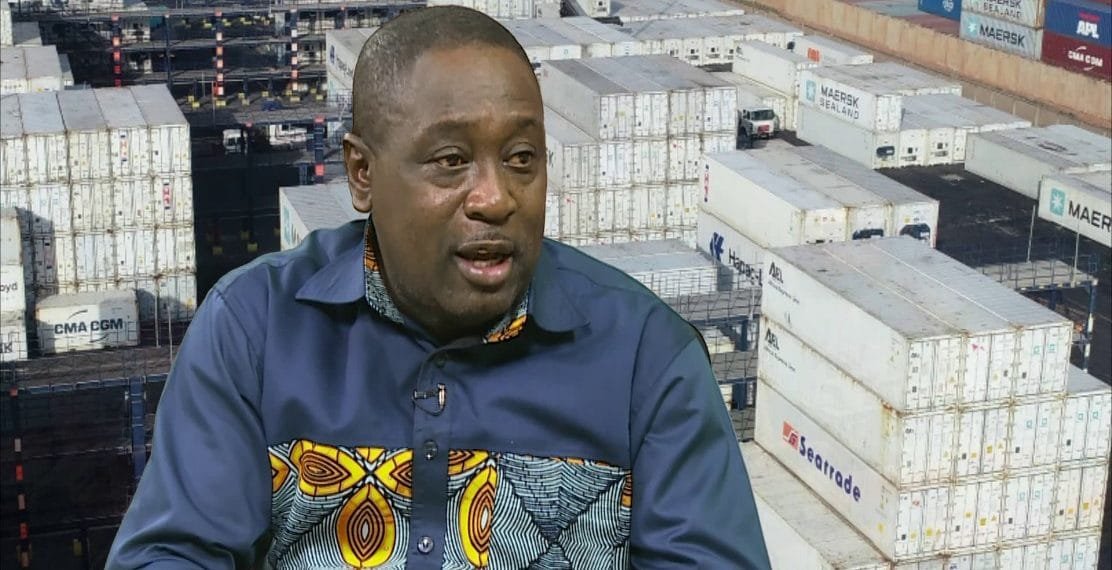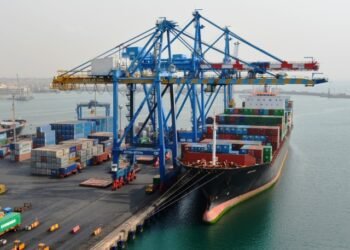President of the Ghana Institute of Freight Forwarders (GIFF), Edward Akrong, has disclosed that port charges are high in comparison to other countries.
Speaking at a media briefing, Mr Akrong cited administrative fees, exchange rate differentials, container deposits and blacklisting of agents as charges which results in high cost of business transaction.
He further explained that these charges piles cost on business in a country that is heavily dependent on imports.
Commenting on port charges, Mr Akrong revealed that Ghana has one of the highest port charges in the sub-region. This, he blamed on the lack of commitment on the part of authorities.
“Charges in this country are outrageous. In Nigeria, there is an armed wing of their Shipping Council that descends on any shipping line that does rent-seeking or breaches the law”.
The GIIF President buttressed his argument with Section 44 (5) of the Interpretation Act, 2009 ACT 729 which tackles how days should be counted with respect to container free days.
That notwithstanding, he noted that the actions of shipping lines contradict the law. This, he explains, puts agencies such as the Ghana Shippers Authority in a hard place.
Increment in shipping line charges
Moreover, members of GIFF and the Ghana Union of Traders Association have described the increasing shipping charges as a state of emergency.
They further cited inappropriate fees and charges borne by importers, additional charges for use of online payments, coded invoices among others, as charges which are detrimental to the business community.
“What is the justification for a shipping line agent to begin counting free days for the trader when the box is not at the disposal of the trader’s agent?
“The shipping lines intentionally begin the count sometimes when vessels have not fully discharged their cargo without recourse to the law”.
GUTA calls for control on shipping lines
On his part, the President of the Ghana Union of Traders Association, Dr. Joseph Obeng, explained how businesses are losing monies due to port charges.
He further called on government to exact its authority in ensuring shipping lines are controlled.
“Embedded in the freight charges are the operational cost and we are not going to allow the lines to duplicate the charges. This is a sovereign nation and these multinationals must be controlled.
“A trader was to pay $15,000.00 as freight charges for 40-footer container on Tuesday but this had shot up to $20,000.00 by Wednesday.
“For the business community, any additional charges incurred are passed on to the final consumer hence raising the cost of living”.
In the early part of the year, GUTA called for government’s intervention in reducing the rent charges on containers. According to Dr. Obeng, government should maintain the initial charges.
He further revealed in an interview that, the development needs urgent attention from stakeholders, particularly as it could have adverse implications on price of goods and services in the country, moving forward.
The Association a year prior, in a statement had also entreated government to earnestly appeal to the Ghana Ports and Harbours Authority (GPHA) and shipping lines to give unconditional waivers on demurrage and rent charges during the lockdown period.
Read Also: Huawei, ATU to boost digital transformation in Africa























